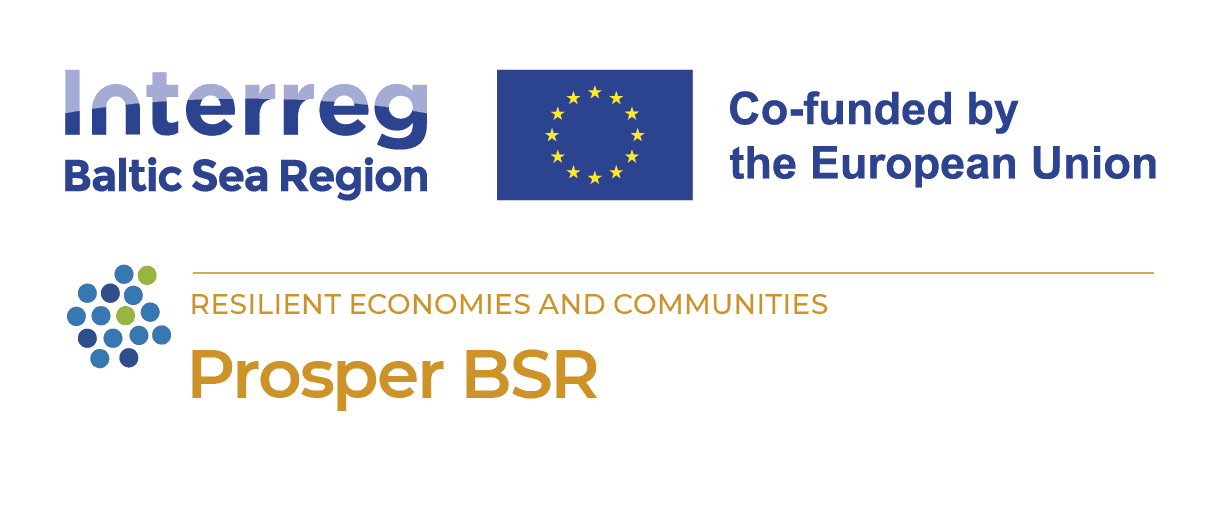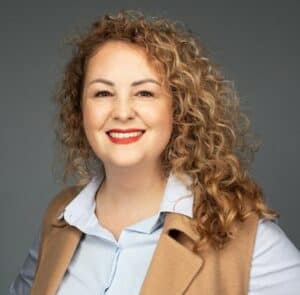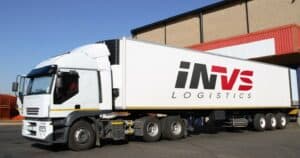
Success Story: Employing Foreigners Promotes Tolerance and Change
10 May 2023
Socially responsible solutions often make people step out of their comfort zone and change old habits. According to Diana Milerienė, Business Development Manager at INVS Logistics, it is beneficial for Lithuanians and not only for foreigners who have come to Lithuania. According to the Red Cross, as of today almost 77,000 Ukrainians have come to Lithuania since the beginning of the Russian invasion of Ukraine. After receiving temporary shelter, their main issue has been how to make a living. Socially responsible businesses in Lithuania have been quick to create jobs for the refugees. INVS Logistics is one such business.

When the war broke out in Ukraine, INVS Logistics created and distributed ads to recruit people from Ukraine. A number of candidates replied. Milerienė says many specialists from different fields came to Lithuania and they needed more than one place to work. “We took those who had worked in logistics, and for the professionals in other fields we found jobs in other companies,” the business development manager says. “The CEO of our company attends BNI Club meetings. Through this club, he has been guiding Ukrainians into fields that match their education and work experience.”
Language Problem Can Be Resolved
Most Ukrainians arriving in Lithuania can only communicate in their mother tongue or Russian. According to the Lithuanian Statistics Department, the older generation has no problem communicating in Russian, but those born after 1986 have a good command of other languages but not Russian. However, INVS Logistics’ business development manager notes that the language barrier is not a problem. She recalls a few situations. INVS Logistics employed Marina from Ukraine for a while. She did not speak Ukrainian, only Russian. One of the main tasks of the job is to communicate with the carriers. Milerienė recalls the event when Marina called someone and that person refused to speak Russian, because of the war in Ukraine. It was only when Marina explained that she herself had recently arrived from Ukraine, the conversation went smoothly. The manager points out that since many of the Ukrainian refugees do not speak either Lithuanian or English it is difficult to find a job for them. “I’m glad that the other staff members take a good attitude and avoid any unpleasant misunderstandings,” Milerienė says. Her colleagues communicate with the help of the google translate tool. She is convinced that even if a person does not know a word of Russian, they can exchange messages, assign and explain tasks and get advice.
Learning to Adapt
Any course on leadership, entrepreneurship and success explains the importance of getting out of one’s comfort zone. Communicating in a foreign language that has never been used before, not even at school, is quite a challenge. Milerienė is pleased that everyone in the company has understood the importance of the situation and the need to adapt to new circumstances. She says that people fleeing war come to Lithuania with no language and no connections, so she and her company feel responsible to provide them with the help they need.
The initiative to help people from Ukraine came naturally to the company’s CEO, Vitalijus Olševskis. “Our life has changed and has been changing a lot during these very difficult years, and we have to take part in that change,” Milerienė says. “At the moment, we have one Ukrainian and one Belarusian employee. The team atmosphere, which is a key goal of the company’s manager, is good and we work well together. If there are more people from Ukraine who are suitable for our company and who want to work with us, we will be happy to welcome them into our team.”
INVS Logistics’ business development manager is aware that the world is changing every day. A terrible war has been taking place in Ukraine, in which Lithuanians are involved in one way or another. Milerienė thinks that in general, the integration of foreigners into the company’s activities is a natural thing, because there will be more and more people arriving to Lithuania from different countries for different reasons.





